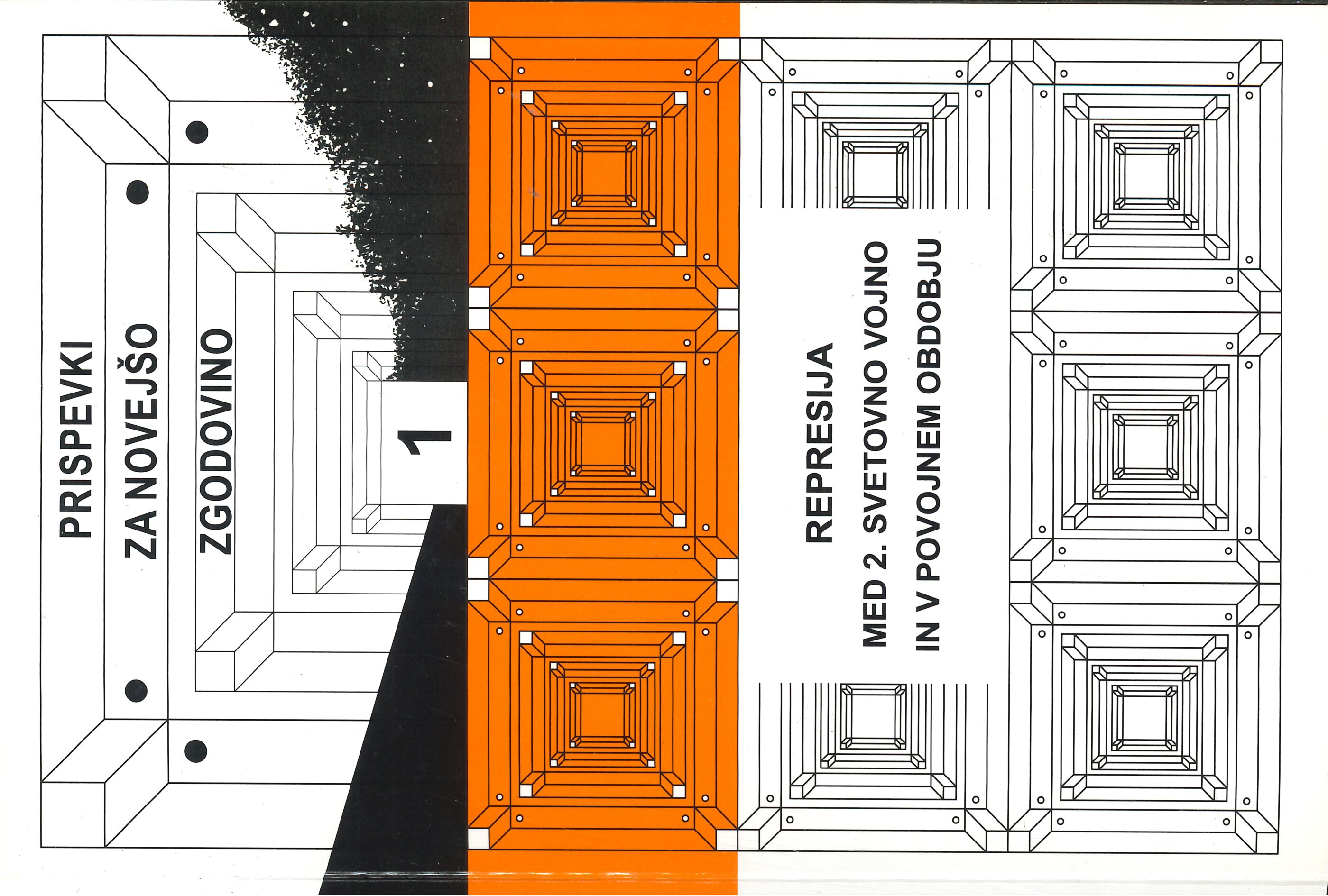Zločin in kazen: kaznovanje zločina v jugoslovanski zakonodaji 1945−1963
Keywords:
Slovenia, repression, legislation, crime, punishment, non‐political criminal offencesAbstract
CRIME AND PUNISHMENT : PUNISHMENT OF CRIME IN THE YUGOSLAV LEGISLATION 1945–1963
We usually understand repression carried out within or by a state or its authorities as violence against the political opponents of the authorities. Regardless of the political system in Slovenia and Yugoslavia after World War II, where the power was taken over by the communists, who persecuted political crimes (according to the criminal code, crimes against »the people and the state«) very resolutely especially in the first years after the war in order to strengthen and affirm their authority (which is usually deemed as repression), the majority of the crimes (criminal offences) committed consisted of »ordinary« crimes – murder, manslaughter, theft, falsifications, etc. The state authorities punished these crimes through the judicial system. Crime is usually followed by punishment. Non‐political criminal offences far outnumbered political crimes. On the basis of the legislation and statistical information, the author describes the extent of »crime and punishment«.
Downloads
Published
Issue
Section
License
Authors who publish with this journal agree to the following terms:
- Authors retain copyright and grant the journal right of first publication with the work simultaneously licensed under a Creative Commons Attribution License that allows others to share the work with an acknowledgement of the work's authorship and initial publication in this journal.
- Authors are able to enter into separate, additional contractual arrangements for the non-exclusive distribution of the journal's published version of the work (e.g., post it to an institutional repository or publish it in a book), with an acknowledgement of its initial publication in this journal.
- Authors are permitted and encouraged to post their work online (e.g., in institutional repositories or on their website) prior to and during the submission process, as it can lead to productive exchanges, as well as earlier and greater citation of published work (See The Effect of Open Access).


